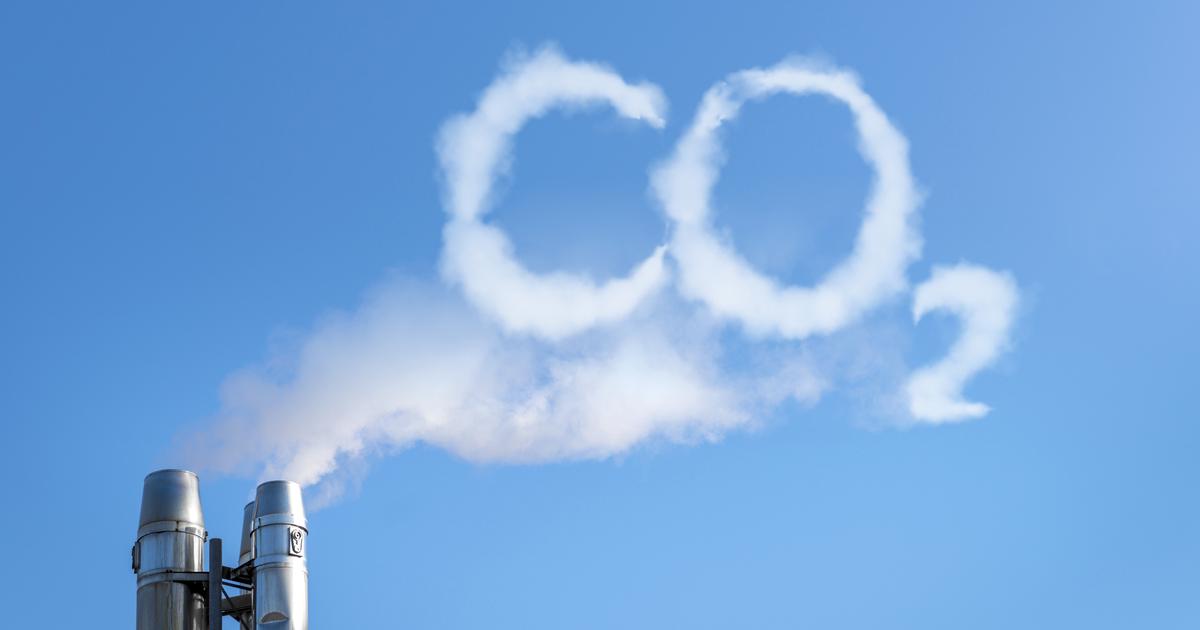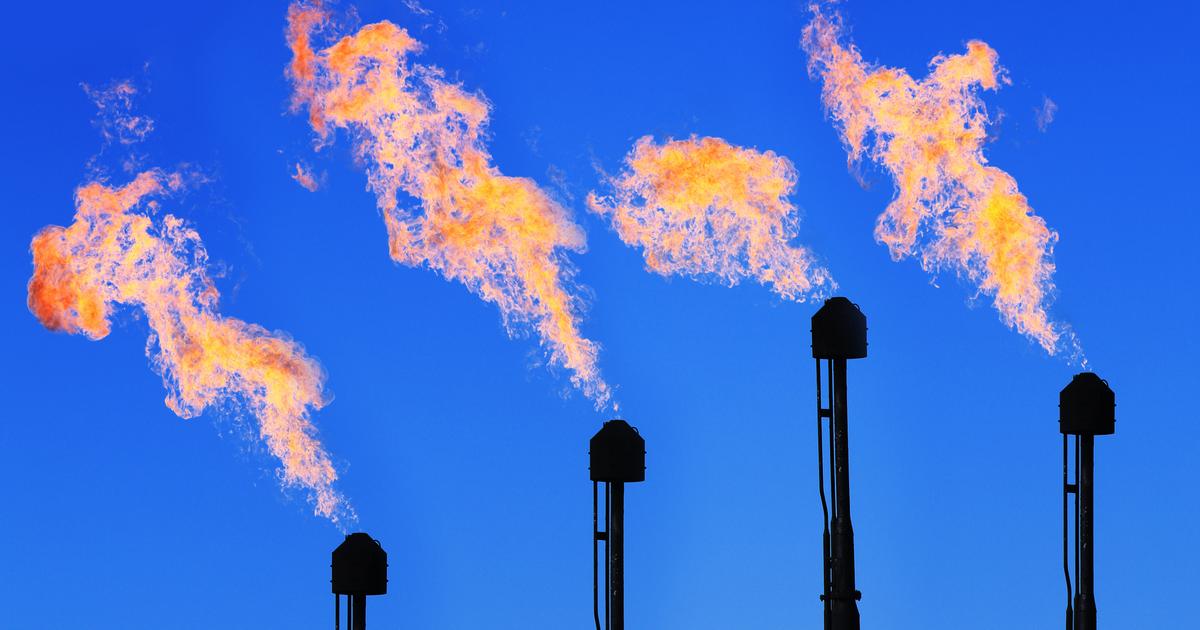Fatih Birol is head of the International Energy Agency IEA
Photo: AP/dpa
After the West turned away from Russian oil and gas, the head of the International Energy Agency (IEA), Fatih Birol, sees Russia permanently weakened.
"Russia has lost the energy battle," Birol told the French newspaper Liberation in Paris on Saturday.
Oil and gas exports have fallen by 40 percent since the beginning of the Russian war of aggression against Ukraine, according to the agency, which is mainly supported by western industrialized countries.
This is just the beginning, because the Russian oil and gas fields are technically and geologically complex, Birol explained.
They needed the technological support of international experts.
“However, they have withdrawn from Russia.” Funding will therefore decline in the medium term.
Russia cannot simply replace Europe, once the largest customer, with Asia.
The Bloomberg news agency recently reported that Russia's income from oil and gas exports had slumped drastically compared to the previous year (read the report here).
Accordingly, there is a minus of 46 percent in February compared to the same month last year.
Overall, the treasury earned $ 6.9 billion in the past month.
There are several reasons for this development: On the one hand, Russia can only sell large parts of its crude oil exports internationally at high discounts after the G7 introduced a price cap.
Stable situation in Germany
In Germany, sharp increases in gas imports from Norway, the Netherlands and Belgium have almost compensated for Russian deliveries since the end of August 2022.
This emerges from an internal paper from the Federal Network Agency.
According to this, Germany imported a monthly net average of 77 terawatt hours of natural gas from 2017 to the end of February 2022, which was used for consumption and storage filling.
In contrast, net imports from September 2022 to the end of January – i.e. excluding Russian gas deliveries – were 72.7 terawatt hours per month.
In addition, around 4 terawatt hours of liquefied natural gas came from the new LNG terminals on the German coasts in January.
The Federal Network Agency continues to assess the gas supply in Germany as »stable«.
Economical gas consumption remains important.
beb/dpa






